What is empowerment theory?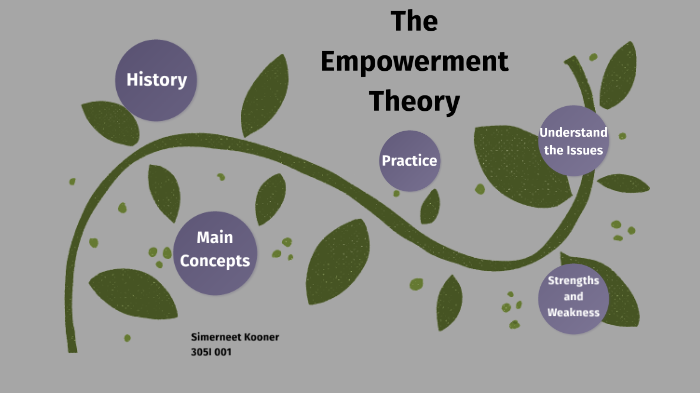
To empower others. Give them a sense of conrol and autonomy.
Common disorders that are combordity for GAD (general anxiety)?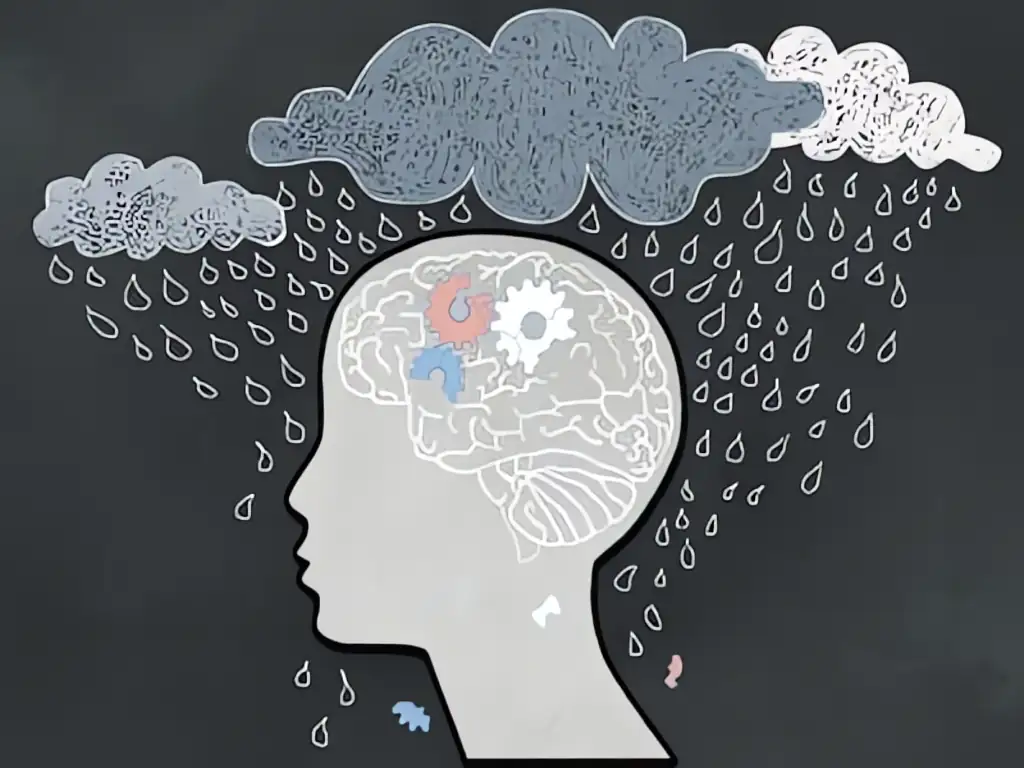
MDD and Panic disorder
What is the ethical principle for service?
Social workers’ primary goal is to help people in need and to address social problems
What are morphine and heroin classified as?
Narcotics
Sociology emerged in?
Europe
What is Bandura's Social Learning Theory? 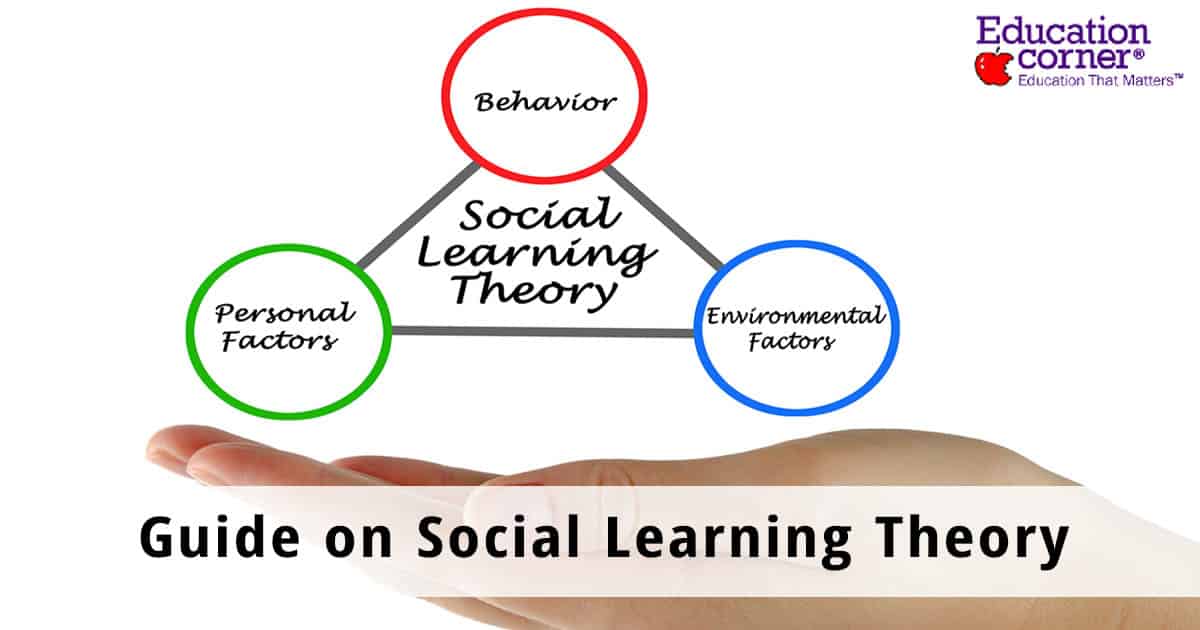
suggests that people learn by observing others. It emphasizes the importance of imitation, modeling, and reinforcement in the learning process.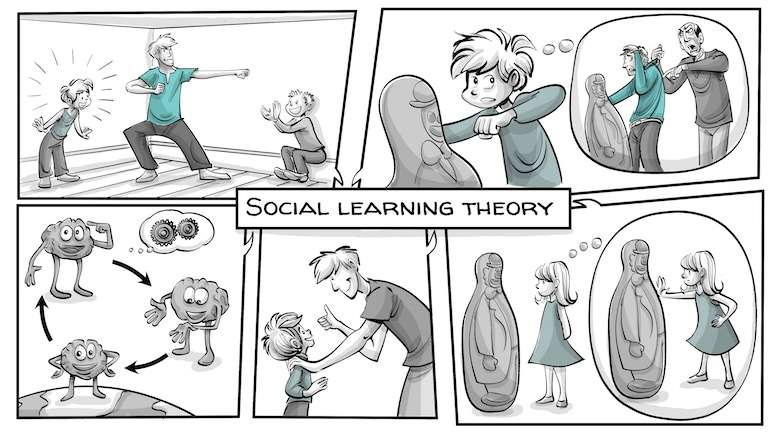

A 5- year- old child believes that his thoughts, words, and actions cause specific outcomes in nature, and these outcomes defy what are the commonly understood laws of cause and effect. What is this is this phenomenon called?
A. Grandiosity.
B. Hallucination.
C. Illusion.
D. Magical thinking.
D. Magical thinking.
What is the ethical principle for dignity of worht of a person?
Social workers respect the inherent dignity and worth of the person.
What causes slurred speech, blurred vision, and impaired judgment?
Alcohol

What is sociology?
the study of human social relationships and institutions.
What are the 3 different attchment styles of Bowlby's attahcment theory? Extra 50 for the fourth attchemnt style

Secure, avodiant, anxious, ambievant 
When year did the DSM-5 edition come out?
2013
What is the ethical principle for intergity? 
Social workers behave in a trustworthy manner.
 Which state is the lightest stage of sleep?
Which state is the lightest stage of sleep?
Stage 1
What Is Psychology?
the scientific study of the mind and behavior
What is last/top teir of Maslow's Hierachry of Needs theory?
Self-Actualization 
Police bring a 30- year- old homeless man to the psychiatric emergency department after he called 911 b/c he thought people were controlling his mind through "microwaves". He has no previous psychiatric or medical hx, and his urine toxicology screen is negative for illicit substances. On interview, he appears very guarded, with limited cooperation, b/c he feels that he does not belong on a psychiatric unit. "I am not the problem", he says. "These microwaves are all around us, even if you cannot feel them." He denies any mood symptoms. Until a few years ago he was working full time, but he refuses to divulge his occupation "b/c I do not trust anyone". On examination, his speech is fluent with normal volume and rate, but his thought process is occasionally disorganized. His affect is blunted, and no psychomotor abnormalities are noted. He denies any hallucinations, but during the interview he occasionally stares behind the interviewer very intently, without responding to any questions. Which term best describes the man's experience of "microwaves"?
A. Delusion.
B. Hallucination.
C. Ideas of reference.
D. Illusion.
Delusion
What is the ethical principle for Competence?
Social workers practice within their areas of competence and develop and enhance their professional expertise. 
What did Sigmund Freud believe about dreams?
They are clues to the unconscious.
What does TIC stand for?
Trauma informed Care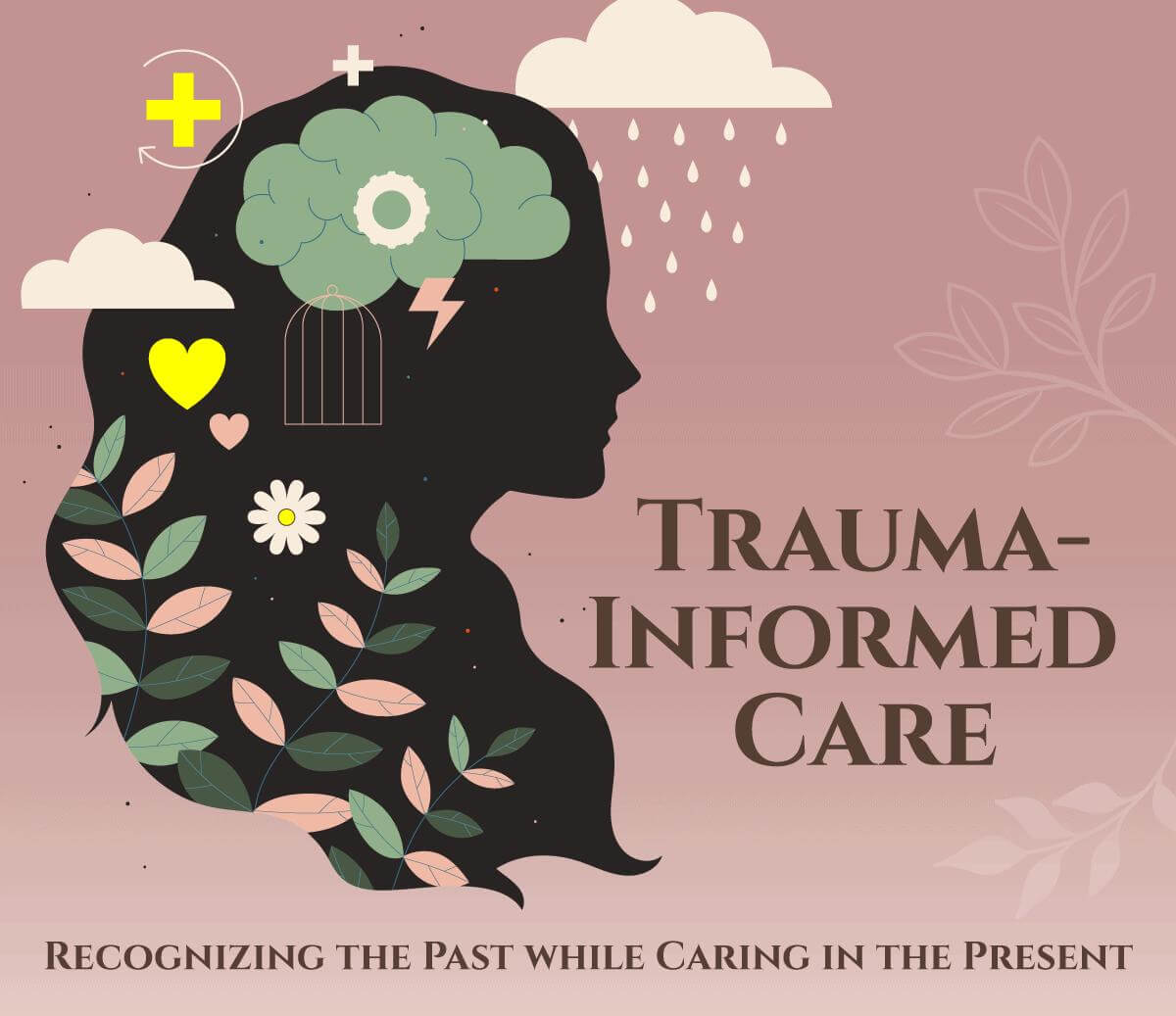
What are the 3 psyches in Freud's theory?
Id, Ego, Super Ego
A 19- year- old college freshman wears a wizard hat every day around campus. When asked why, he tells people it is because "the hat helps me think better." He has had few friends but enjoys participating in medieval role- playing games. He earns excellent grades in class and grooms himself appropriately every day. His speech is fluent. His thought process is linear, although he perseverates on various wizard spells he has learned online. His affect is restricted. He denies any hallucinations or any changes in sleep, mood, appetitie, or energy. His unusual "style" has interfered with his getting a job, which he needs to remain in school. What is the likely diagnosis?
A. Bipolar I disorder.
B. Schizoaffective disorder.
C. Schizophrenia
D. Schizotypal personality disorder.
Schizotypal personality disorder.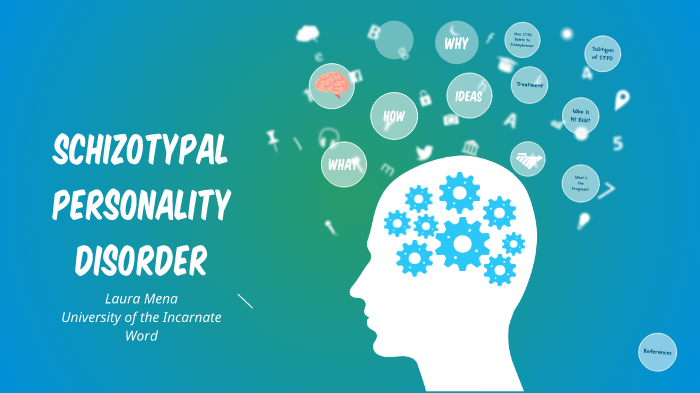
What is the ethical principle for Importance of Human Relationships?
Social workers recognize the central importance of human relationships.
About what precent does adults spend of their time asleep in non-REM sleep.
75%
What does the GAD-7 meausre?
Anxiety
